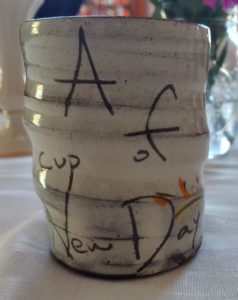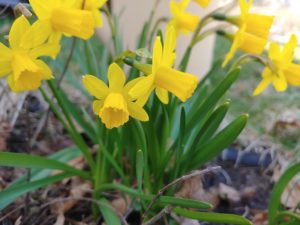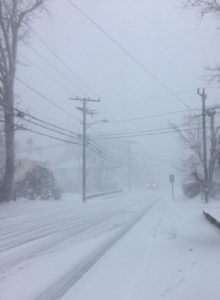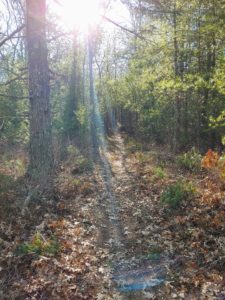Now Jesus did many other signs in the presence of his disciples, which are not written in this book. But these are written so that you may come to believe that Jesus is the Messiah, the son of God, and that through believing you may have life in his name. John 20:30-31, NRSV
This is the end of today’s Gospel offering – the story of Jesus appearing to his disciples, of Thomas’ absence at that time, his doubt and his eventual acceptance of Jesus resurrected once he had seen Jesus for himself. The gospel reminds us that what we read in scripture is just a partial account: there was more to the story, things we will never read or have read to us. What was handed down wasn’t to relate everything that Jesus ever said or did; what was handed down was for us to make a doorway of words and images – a way for us to enter the truth, meet Jesus, and gain life. They are the words that end chapter 20.
But there are also many other things that Jesus did; if every one of them were written down, I suppose the world itself could not contain the books that would be written. John 21:25, NRSV
This is the end of John’s Gospel, similar to the ones above, but rarely ever read in church – the lectionary reading ends a couple of verses short of them. Maybe it’s because these words are so similar to the ones ending chapter 20? Did the similarities between the passages make them appear to be exactly the same, not worth a second reading? Perhaps, perhaps not. Either way, what sets them apart is remarkable.
The first words are about the disciples, and about Jesus appearing in resurrected form to them. They are written for all of us, so that we may encounter Jesus and be forever changed by him. They are our linguistic doorway into truth and life.
The second words go way beyond that. Two differences stand out to me, but there are sure to be more:
Jesus did other things beyond the presence of his disciples, his followers, and us – so many things that the world itself isn’t big enough to contain an account of them. Jesus isn’t limited to the Christian record, the church and its history, the fellowship through time and space. It’s a well phrased reminder that we cannot and should not try to set limits on how God manifests, even within the limits of our own space and time.
Jesus manifests in ways that the world cannot contain because within each and every living thing is a world of mystery and untold depth. The cosmic scope of the universe finds its reflection in the cosmic scope of our own inner landscapes – the dwelling place of the Spirit within. It takes a lifetime to scratch the surface; perhaps part of the joy of eternity is a deep dive into these worlds, and a complete sharing of them with God and all God’s beloved children.
I think the differences make them both worth reading.






